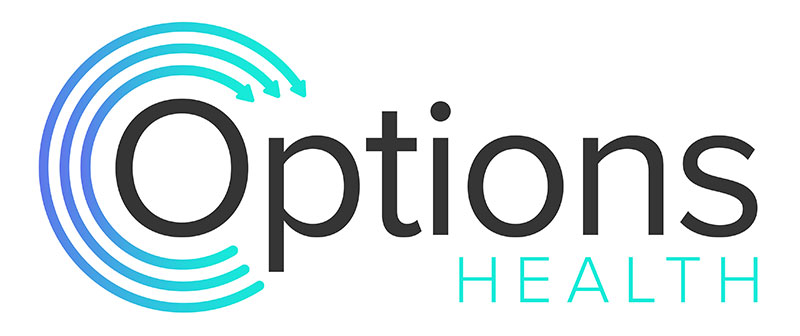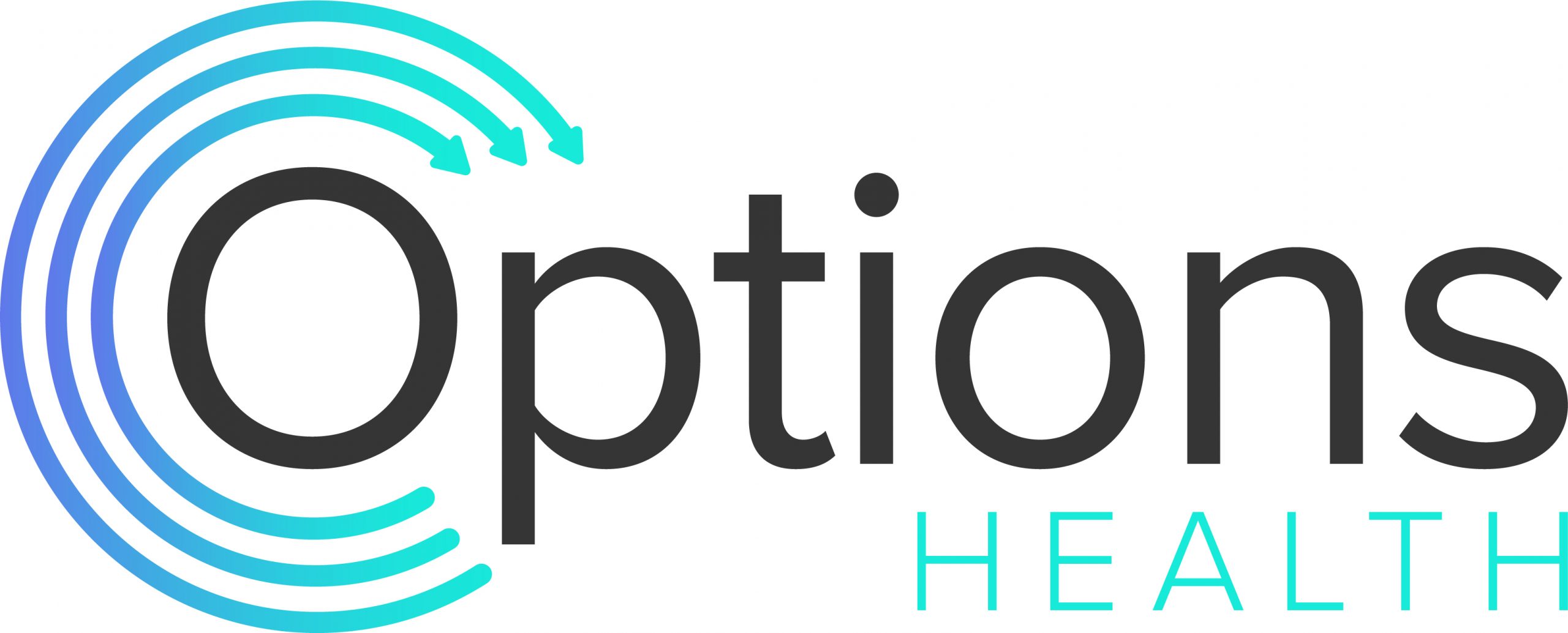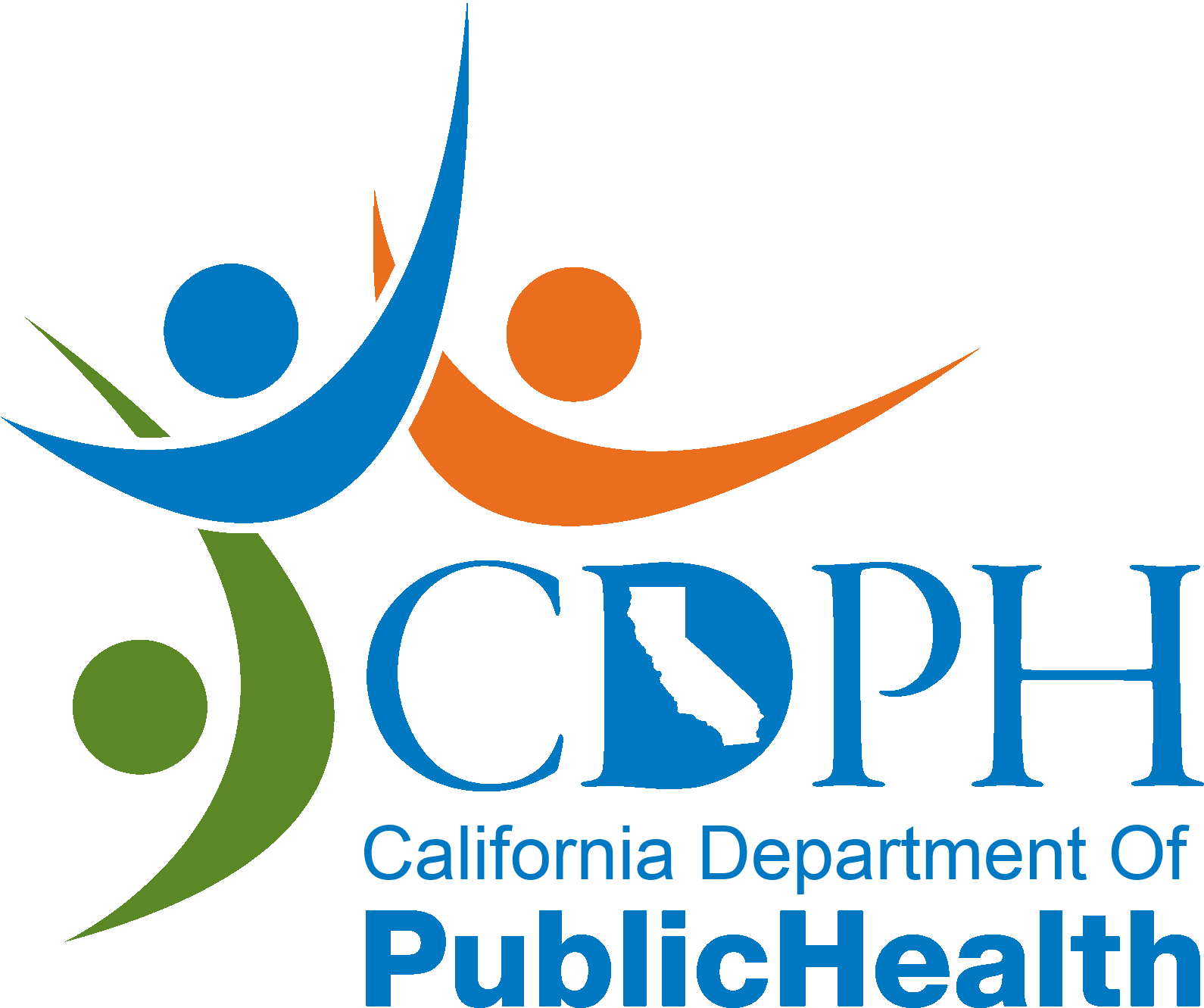It’s not uncommon for a woman faced with an unplanned pregnancy to experience a range of emotions. In some instances, those emotions may include feelings of excitement and joy, but in other instances, it may bring strong feelings of fear or confusion and lead to the decision of having a medical abortion, also known as the abortion pill.
So, what happens if you take the abortion pill and then change your mind? Suddenly you wish you hadn’t done it and no longer want an abortion. What can you do? Can you change your mind at this point, or is it too late?
The answer is: NO, it’s not too late. Successful methods have been developed to reverse the effects of the first abortion pill if done in time.
To understand how this can be done it is important to first know the process that occurs in a medical abortion. The abortion pill—also referred to as medical abortion, chemical abortion, or self-managed abortion—is usually used to reference the two-pill process that includes medications taken to terminate a pregnancy within the first 10 weeks. In this type of non-surgical abortion, the first pill, called mifepristone, is taken up until 9 weeks of pregnancy. Mifepristone counteracts the natural pregnancy hormone progesterone, which is critical to maintaining a pregnancy. Without progesterone the placenta fails, cutting off oxygen and nutrition to the developing embryo. The second pill, misoprostol, is taken 6-48 hours later and causes cramping and bleeding in order to empty the uterus and expel the embryo.
FAQs:
What is the treatment to reverse the abortion pill?
An ultrasound will be done as soon as possible to confirm the heart rate, placement, and dating of the pregnancy. The doctor or another medical provider will prescribe progesterone, given as a pill to be taken orally or vaginally or possibly by intramuscular injection. The treatment will usually continue through the first trimester of pregnancy.
What is progesterone, and why is it important?
Progesterone is the natural hormone in a woman’s body that is necessary to nurture and sustain a pregnancy. By giving extra progesterone, the hope is to outnumber and outcompete the first abortion pill in order to reverse the effects. The first pill in the abortion pill regimen blocks progesterone’s actions, so giving the progesterone may provide the opportunity to save the pregnancy.
Is it too late for me to reverse the abortion pill?
Time is of the essence. For those seeking to reverse the effects of the abortion pill (or medical abortion), the goal is to start the protocol within 24 hours of taking the first abortion pill, mifepristone. However, there have been many successful reversals when treatment was started within 72 hours of taking the first abortion pill.
Even if 72 hours have passed, call the Abortion Pill Reversal hotline at 877-558-0333. It may not be too late.
What is the success rate of Abortion Pill Reversal (APR) ?
Initial studies of APR have shown it has a 64-68% success rate.
Without the APR treatment, the first abortion pill may fail to abort the pregnancy on its own. In other words, your pregnancy may continue even without APR if you decide not to take the second abortion drug likely prescribed or provided to you. APR has been shown to increase the chances of allowing the pregnancy to continue. However, the outcome of your particular reversal attempt cannot be guaranteed.
The abortion pill and the morning-after pill are the same things, right?
No, they are different. The “morning-after pill” is marketed as an emergency contraception method. The most commonly used preparation contains a high level of progestin and can be taken up to 72 hours after sexual intercourse. New insights into how it works make it clear that it can prevent the implantation of the young human embryo into the lining of the uterus. This is a contragestational or abortifacient effect, not a contraceptive effect.
The abortion pill is taken up to 70 days (10 weeks) into a pregnancy with the intention of causing an abortion. It works by blocking progesterone receptors. Progesterone is the necessary hormone that nurtures and supports a pregnancy.
The newest morning-after pill, Ella, is very similar to mifepristone in its action in that it blocks progesterone receptors. It is approved by the FDA for use up to five days after intercourse and also has abortifacient effects.
How do I start the Abortion Pill Reversal process?
Call the Abortion Pill Reversal hotline at 877-558-0333 or visit www.abortionpillreversal.com. When you call, their on-call Healthcare Professional will ask you some basic questions to see if a reversal is possible. The Healthcare Professional will then connect you with a doctor or medical provider in your area to start treatment if that is your choice.
If you decide you want to continue with your pregnancy we are here to help. Options Health can equip and prepare you to become a parent through our free parenting classes. We can also help connect you to valuable resources such as housing, health insurance, and financial assistance.
Options Health is a safe place where you can confidentially come and discuss sexual health, pregnancy, and relationship issues. Feel free to contact us today to take advantage of our free services, including pregnancy testing, ultrasound, options consultation, STI testing for Chlamydia & Gonorrhea, parenting education, and abortion aftercare. Call us or text us to schedule an appointment. We are here for you and ready to listen!
Source: https://www.abortionpillreversal.com/



